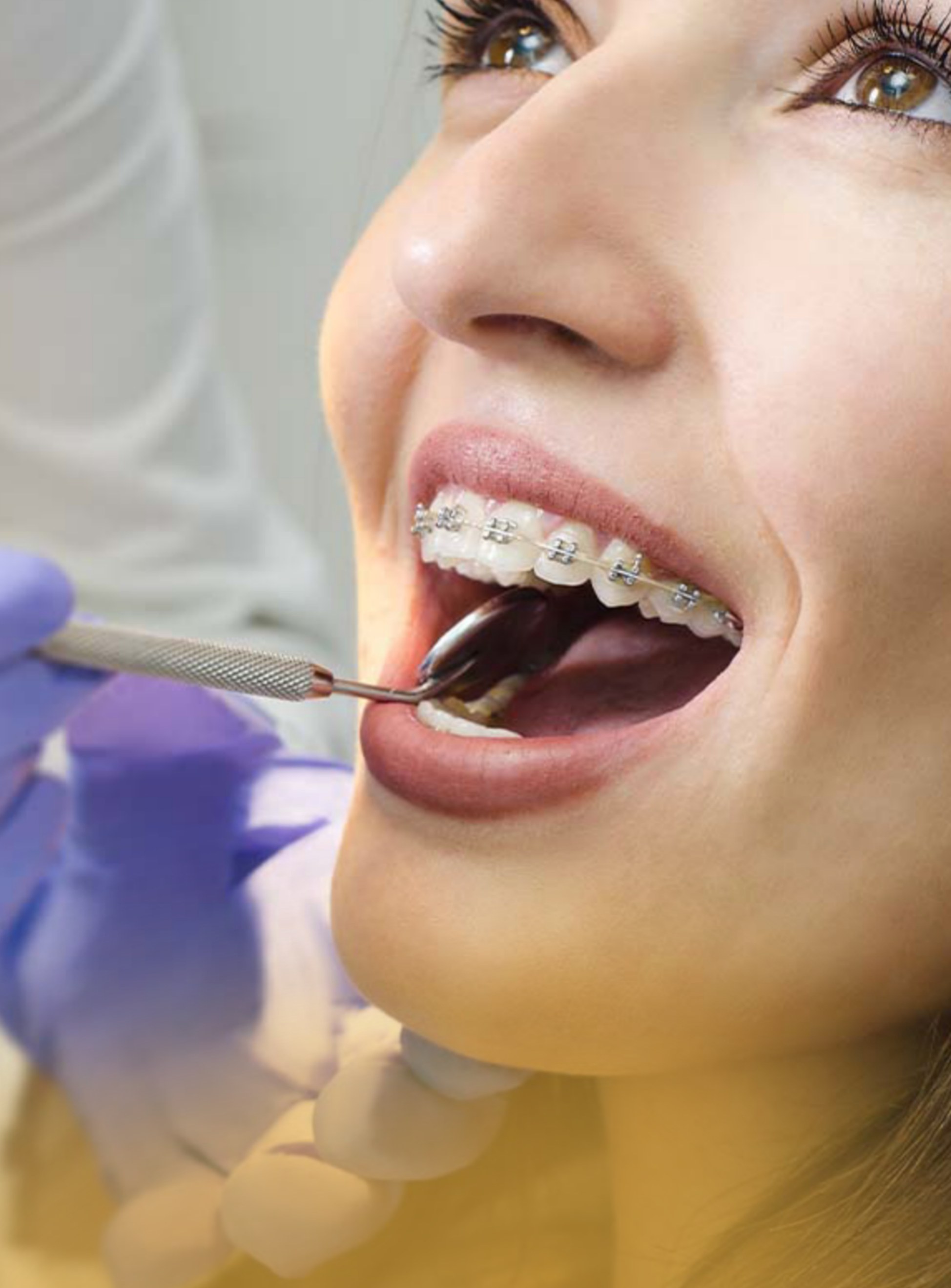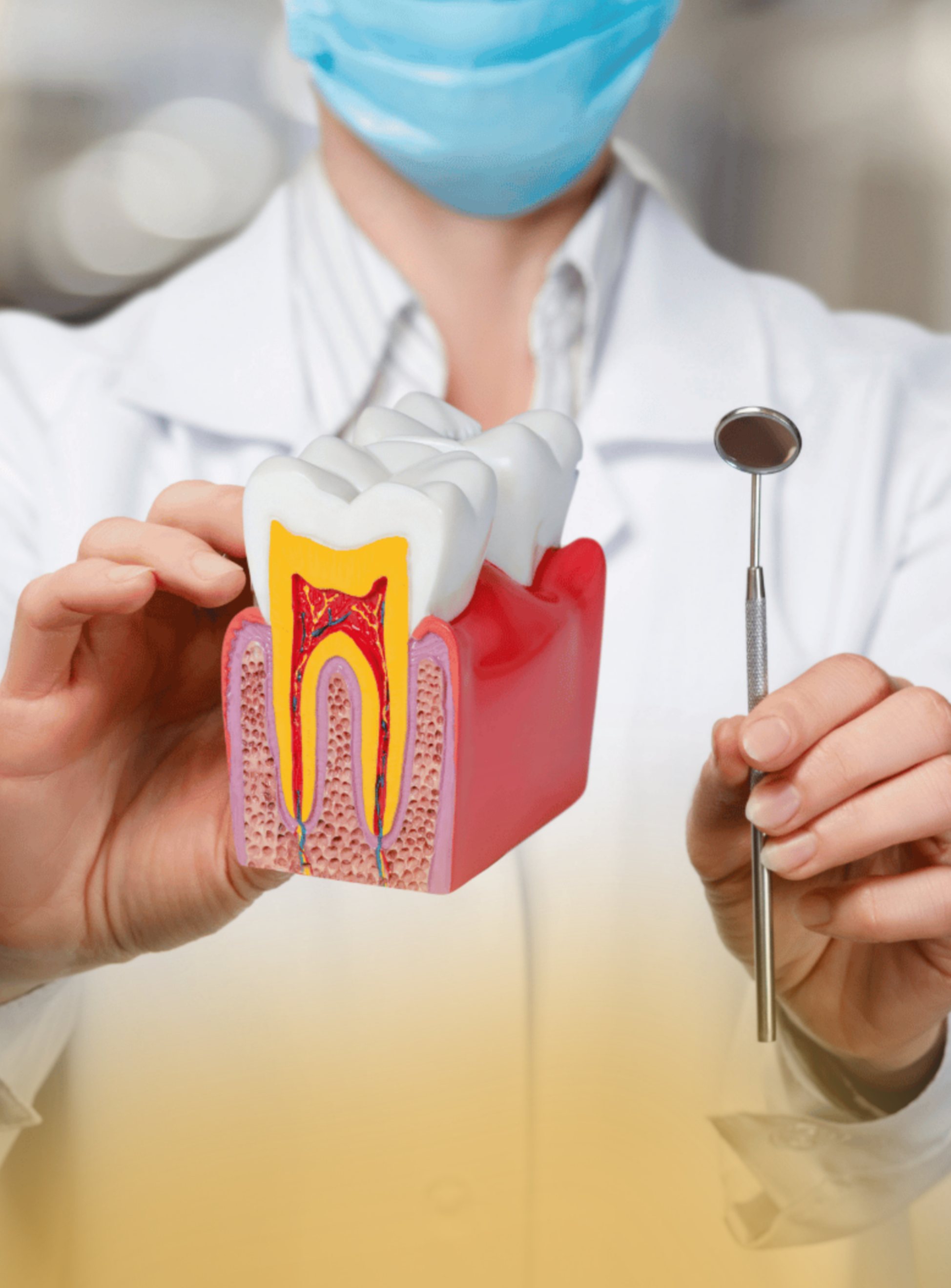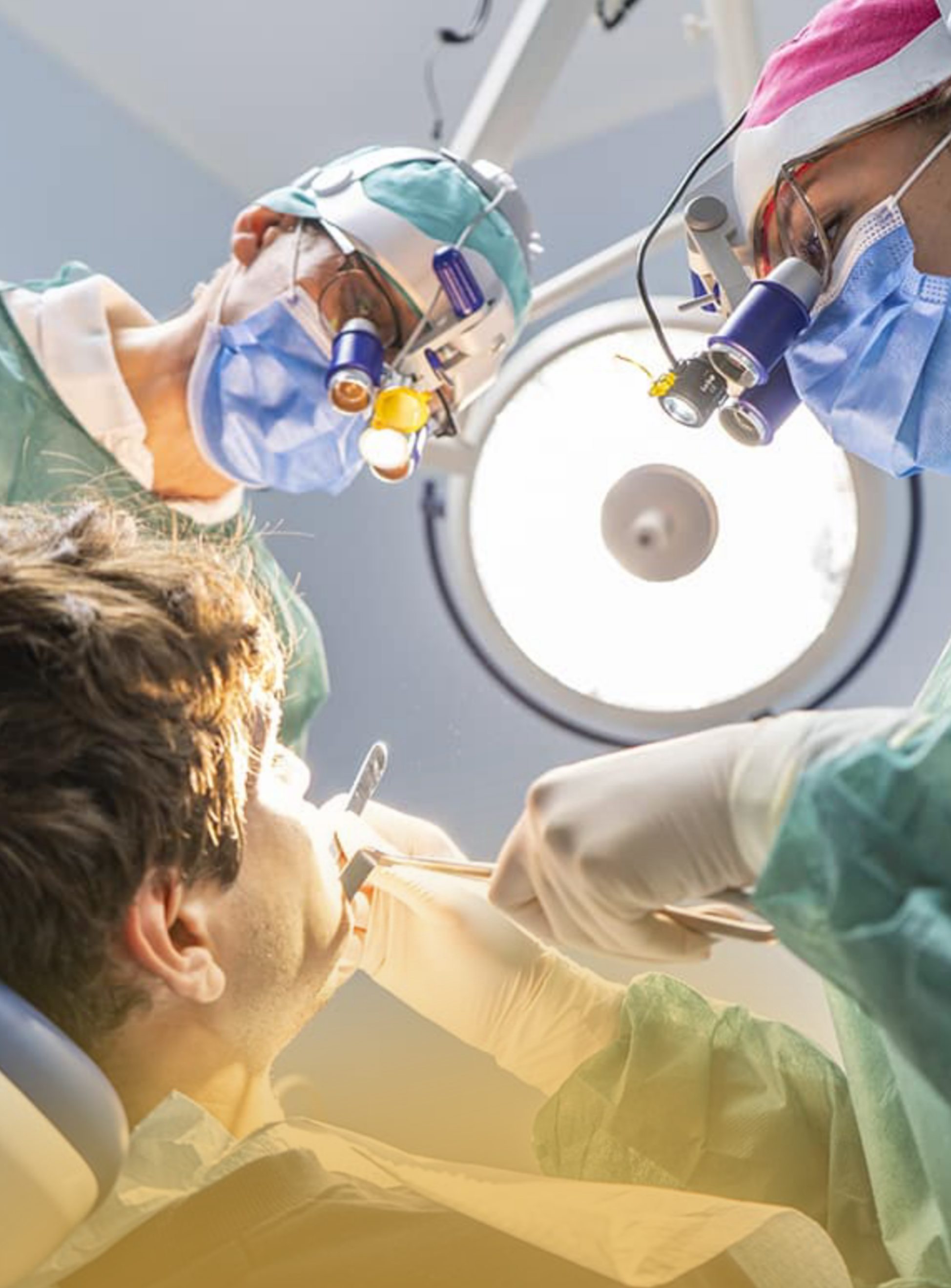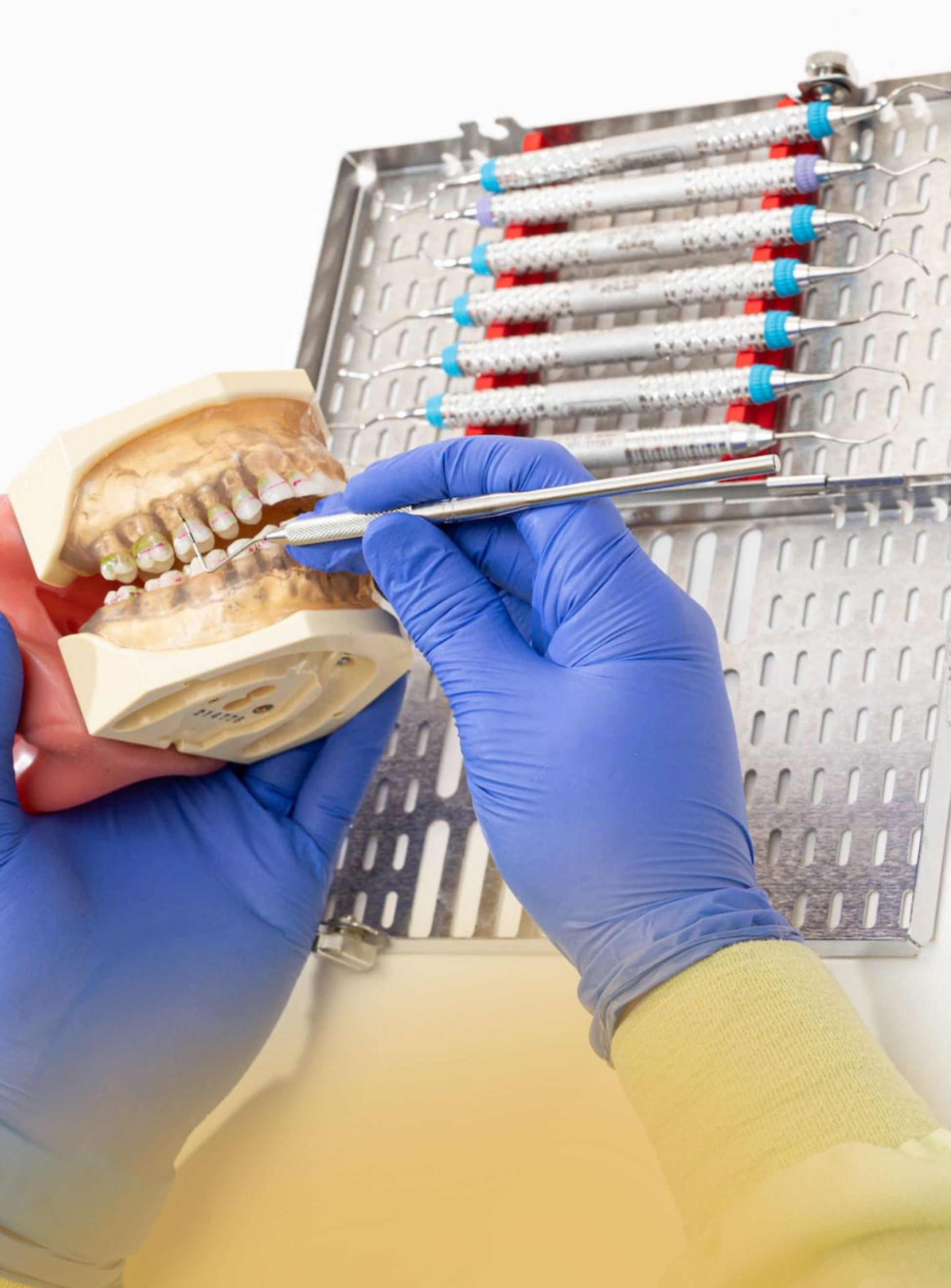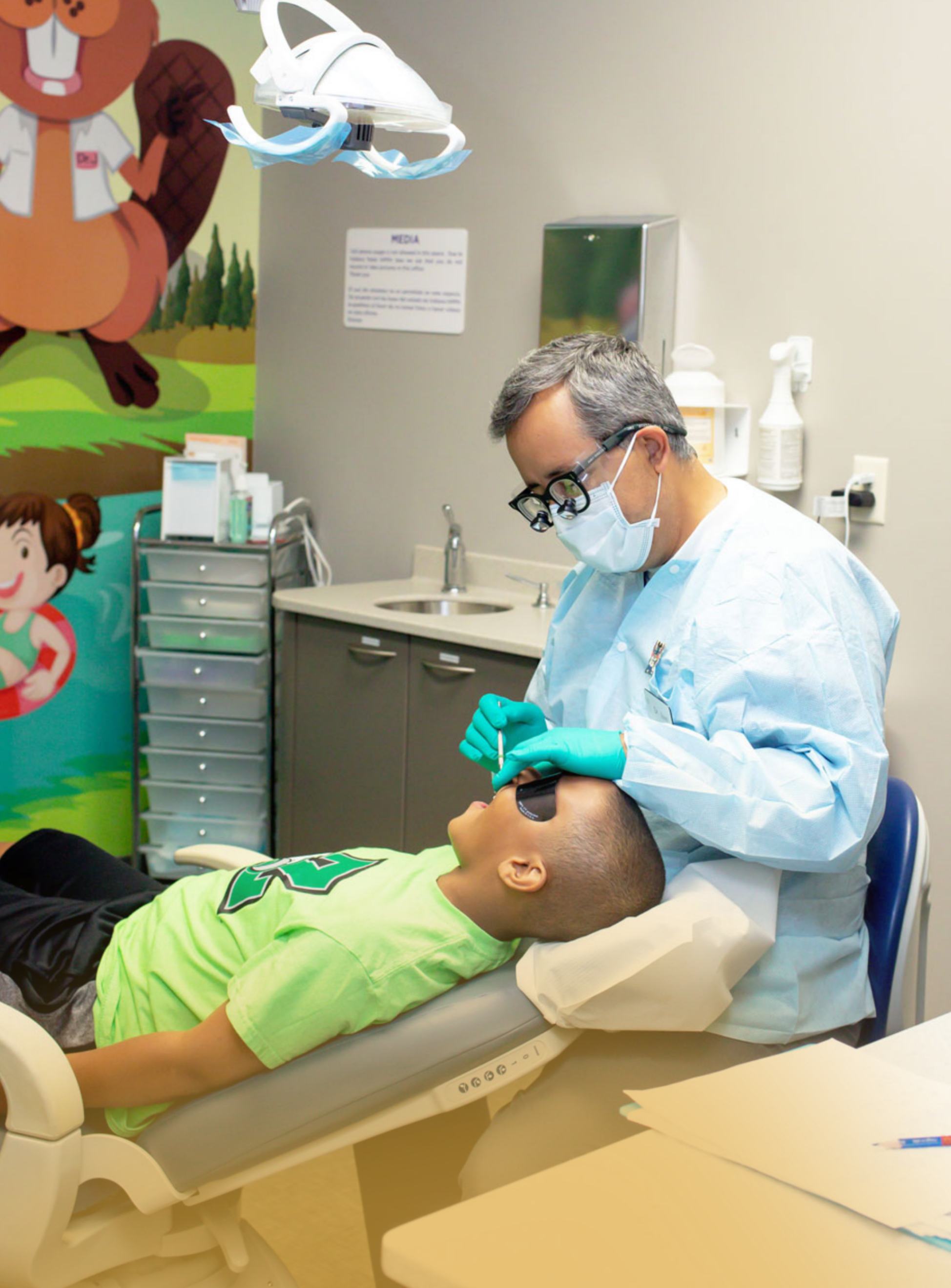Prosthodontic Services
1. Dentures (Partial and Complete):
Dentures are removable dental appliances designed to replace missing teeth and restore oral function. Partial dentures replace a few missing teeth, while complete dentures replace all teeth in an arch. They are custom-made to fit comfortably and restore the appearance and functionality of the mouth.
2. Dental Implant Restorations:
Dental implants are artificial tooth roots surgically placed in the jawbone. Prosthodontic services include the restoration of dental implants with various options, such as crowns, bridges, or dentures. This provides a stable and natural-looking solution for replacing missing teeth.
3. Dental Bridges:
Dental bridges are fixed prosthetic devices used to replace one or more missing teeth. They consist of artificial teeth (pontics) held in place by crowns on adjacent natural teeth or dental implants. Bridges restore the aesthetics and function of the smile, preventing adjacent teeth from shifting.
Prosthodontic services focus on the restoration and replacement of missing teeth, offering patients solutions that improve oral function, aesthetics, and overall quality of life. These treatments are customized to meet individual needs and preferences.
FAQ
Healing times vary, but it typically takes a few weeks. Follow post-extraction care instructions provided by your dentist to promote optimal healing.
Stick to soft, cool foods initially, gradually progressing to a normal diet. Avoid hot or spicy foods, and refrain from using a straw, as suction can disrupt the healing process.
Over-the-counter pain relievers and applying an ice pack to the affected area can help alleviate discomfort. Follow your dentist's recommendations for pain management.
Mild oozing is common initially. Bite on a gauze pad provided by your dentist to control bleeding. If bleeding persists, contact your dentist for guidance.
Resume gentle brushing and flossing in the surrounding areas 24 hours after extraction. Be cautious around the extraction site to avoid irritation.
Yes, it's common to feel drowsy or disoriented for a few hours after dental anesthesia. Avoid operating heavy machinery or making important decisions during this time.
Common side effects include temporary numbness, dizziness, or nausea. Serious complications are rare but can include allergic reactions. Inform your dentist of any concerns or unusual reactions
The duration of dental anesthesia varies depending on the type used. Local anesthesia typically lasts a few hours, while general anesthesia can have lingering effects for several hours after the procedure.
Your dentist will provide specific instructions regarding fasting before the procedure. Generally, it's recommended to avoid eating or drinking for a certain period before anesthesia to reduce the risk of complications.
Amalgam fillings are made of a mixture of metals, including mercury, while composite fillings are tooth-colored and composed of a resin material. The choice between them depends on factors like location, size of the cavity, and aesthetic preferences.


